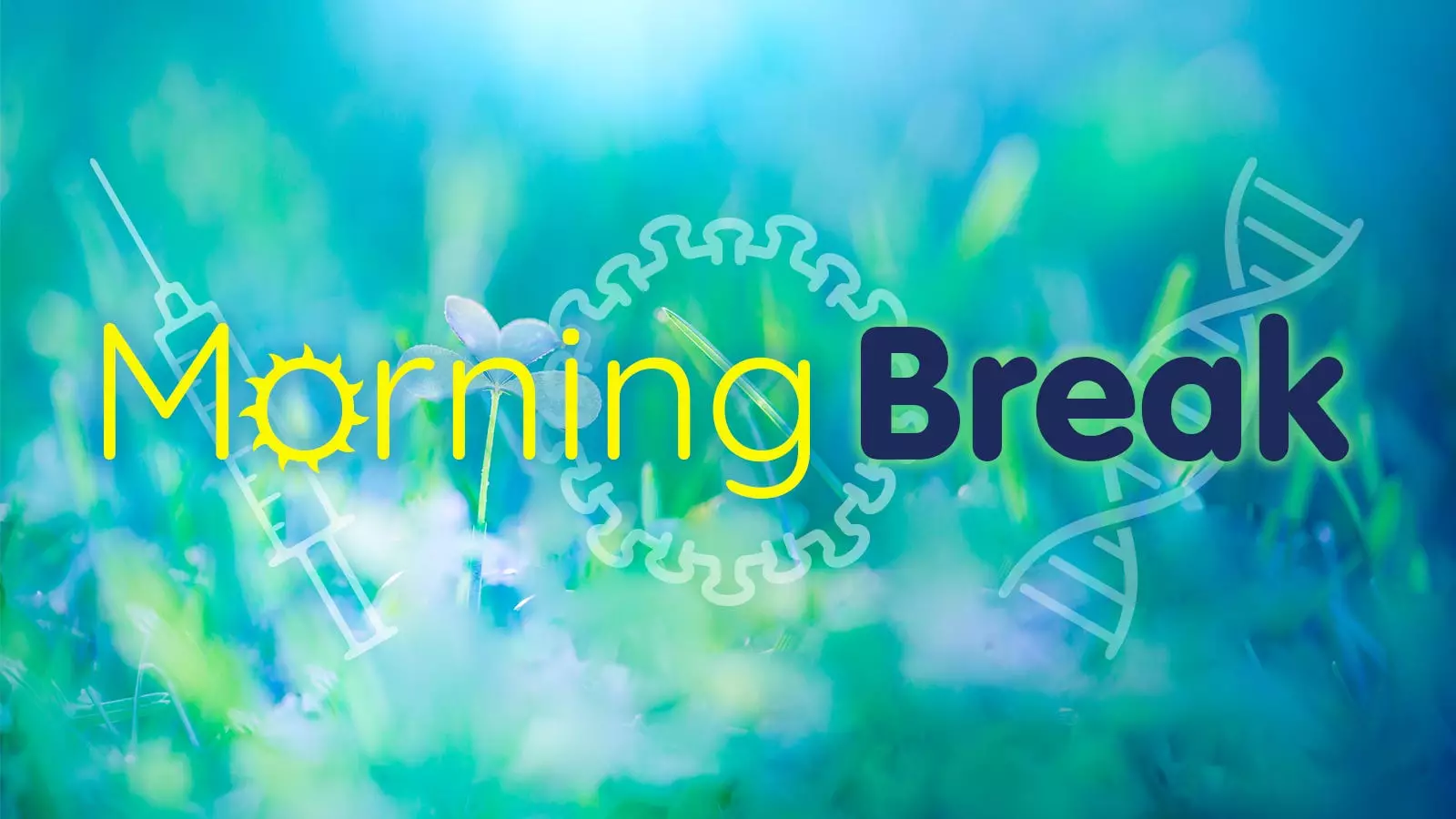Healthcare concerns have recently taken center stage due to a multitude of alarming incidents and policy discussions. This article aims to dissect notable occurrences within the healthcare sector, analyzing their implications and raising awareness about the complexities of health care amidst political, social, and medical challenges.
The recent death of Brian Thompson, CEO of UnitedHealthcare, is a stark reminder of the unpredictable and often dangerous landscape in which healthcare executives operate. Shot in Manhattan under suspicious circumstances, this incident has raised concerns not only about the safety of healthcare leaders but also about the potential for targeted violence in a sector that is already under considerable strain. Such acts of violence may deter individuals from pursuing careers in healthcare leadership, thereby exacerbating existing issues related to workforce shortages and administrative stability.
On a global scale, the Democratic Republic of Congo (DRC) has been grappling with an outbreak of a mysterious disease that resulted in 143 fatalities. Characterized by high fever and severe headaches, this illness poses significant challenges for public health officials who are scrambling to contain its spread. The outbreak underlines the importance of focused research initiatives and the need for robust disease surveillance systems in nations where health care infrastructure is fragile. The threat of epidemics is an enduring concern, especially in regions experiencing social and political turmoil that hinders effective response efforts.
Looking ahead to 2025, the healthcare landscape is poised for transformative changes, yet the pervasive issue of misinformation represents a significant obstacle. As highlighted in recent analyses, the spread of false information regarding health policies and practices can undermine public trust and contribute to poor health outcomes. Efforts to combat misinformation must be prioritized, as misinformation not only complicates decision-making for patients and officials alike but can also have catastrophic results for public health initiatives.
The potential cutbacks to Medicaid expansion, which may affect over 3 million individuals across multiple states, raise serious ethical concerns about access to healthcare for vulnerable populations. With the Trump administration signaling a desire to restrict federal funding for Medicaid, states face tough decisions about how to maintain essential health services – a situation that could lead to increased medical debt and worsened health outcomes for low-income individuals. Advocacy efforts should therefore focus on protecting and expanding access to Medicaid, ensuring that those in need are not left without support.
In what appears to be a significant public health risk, the California Department of Public Health suspended raw milk production at Raw Farm due to the detection of the avian flu virus. This incident not only emphasizes the need for stringent food safety regulations but also raises public awareness regarding the consumption of raw milk products. Regulatory bodies must ensure that such products meet high safety standards to prevent outbreaks that threaten consumer health.
In an unprecedented move, residents and fellows at George Washington University Hospital voted to strike, primarily demanding increased wages and enhanced mental health benefits. This development signals a growing discontent among healthcare workers, who often operate under stressful conditions with inadequate compensation and support. The strike reflects broader labor trends, where healthcare employees are advocating for their rights and needs amidst mounting pressures in the industry.
Recent research revealed that individuals who engage in both smoking and vaping are less likely to quit these habits compared to those who participate in only one. This data highlights the complexities of addiction and the need for targeted intervention strategies that address poly-substance use. Public health campaigns must evolve to encompass a wider understanding of smoking and vaping behaviors, ensuring that recovery methods are adaptable to the multifaceted nature of addiction.
The current healthcare landscape is riddled with challenges that require urgent attention. From public safety threats to the complexities of healthcare access and employee rights, the sector is at a crossroads. Stakeholders must become proactive in shaping policies and responses that prioritize health equity, misinformation management, and the safety of both healthcare workers and patients. As we navigate these tumultuous times, building a resilient healthcare system becomes paramount.


Leave a Reply